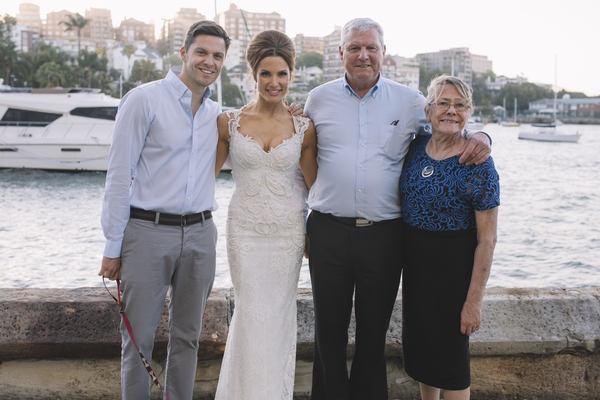
By Derek Schlennstedt
The son of Healesville man Peter Low said he and his family had faced an 18-month ‘bargaining’ ordeal with WorkSafe, after the death of his father.
The ordeal shows no signs of ending, and it is believed WorkSafe has agreed to pay $150,000 to Mrs Jenny Low and not $577,000 – the amount usually paid to dependants- based on a dependency clause.
Peter, an expert explosive technician, was killed in 2015 after an explosive detonated on a housing development worksite in Melbourne’s south east.
Since then the family has been in talks with WorkSafe who has determined that Jenny was not dependent on Peter.
Rien, Peter’s Son, said it had been a ‘drawn out,’ traumatic experience that had robbed the family of any grieving period.
“The entire process has been outrageous,” he said.
“They got us to sit down with a mediator and lawyers that were appointed to us, and basically they started bargaining.”
“We weren’t in the room with the WorkSafe people, but a mediator would come in and say, ‘we’re willing to pay you $80,000’.”
“They were auctioning my dad’s life.”
Of the $577,000 that can be paid to dependants, WorkSafe offered Rien’s mother a fraction of that – with negotiations starting at $80,000 and then rising to $150,000.
“Since that mediation, they have only settled on $150,000 and basically said you either take that or we take it away,” Rien said.
To add stress to their woes, the family house of the Lows had to be sold because of debt that Mr Low had left behind.
The ordeal has left Rien’s mother who was married to Mr Low for 41 years, and dependent upon him, financially ruined.
“We sold the house purely because of the mortgage repayments,” Rien said.
Despite not having held a job for 20 years, Rien said that WorkSafe deemed Mrs Low only partially dependent on her husband.
It is believed that WorkSafe lawyers argued that because of an overdraft from the bank which had been used by Mr Low to cover business expenses that Mrs Low was therefore not completely dependent on him-instead using the overdraft as an income.
“When you look at it as it is – if someone was married for 43 years, lived together, and haven’t worked for 20 years … then how could they not be dependent on another person?”
“They have found a loophole and are exercising it in an incorrect manner,” Rien said.
However, it is also believed that WorkSafe’s decision was based on other factors, including Mr Low being a contractor and not an employee, and not having insurance.
But, Rien reiterated that his father was fully insured at the time of the accident.
WorkSafe does not comment on individual cases and a spokeperson for WorkSafe said that they were satisfied Mr Low’s claim was managed appropriately.
“WorkSafe and its agents work very hard to ensure bereaved families are treated with sensitivity and respect throughout the claims process.”
“Payouts to dependants are based on a range of factors. Individual circumstances, such as complexities surrounding contractors and their business structure, can affect the final amount.”
“While we do not comment on individual cases for privacy reasons, WorkSafe reviews all death and dependency claims to ensure they are managed in a sensitive and timely manner.”
“We are satisfied Mrs Low’s claim has been managed appropriately.”






